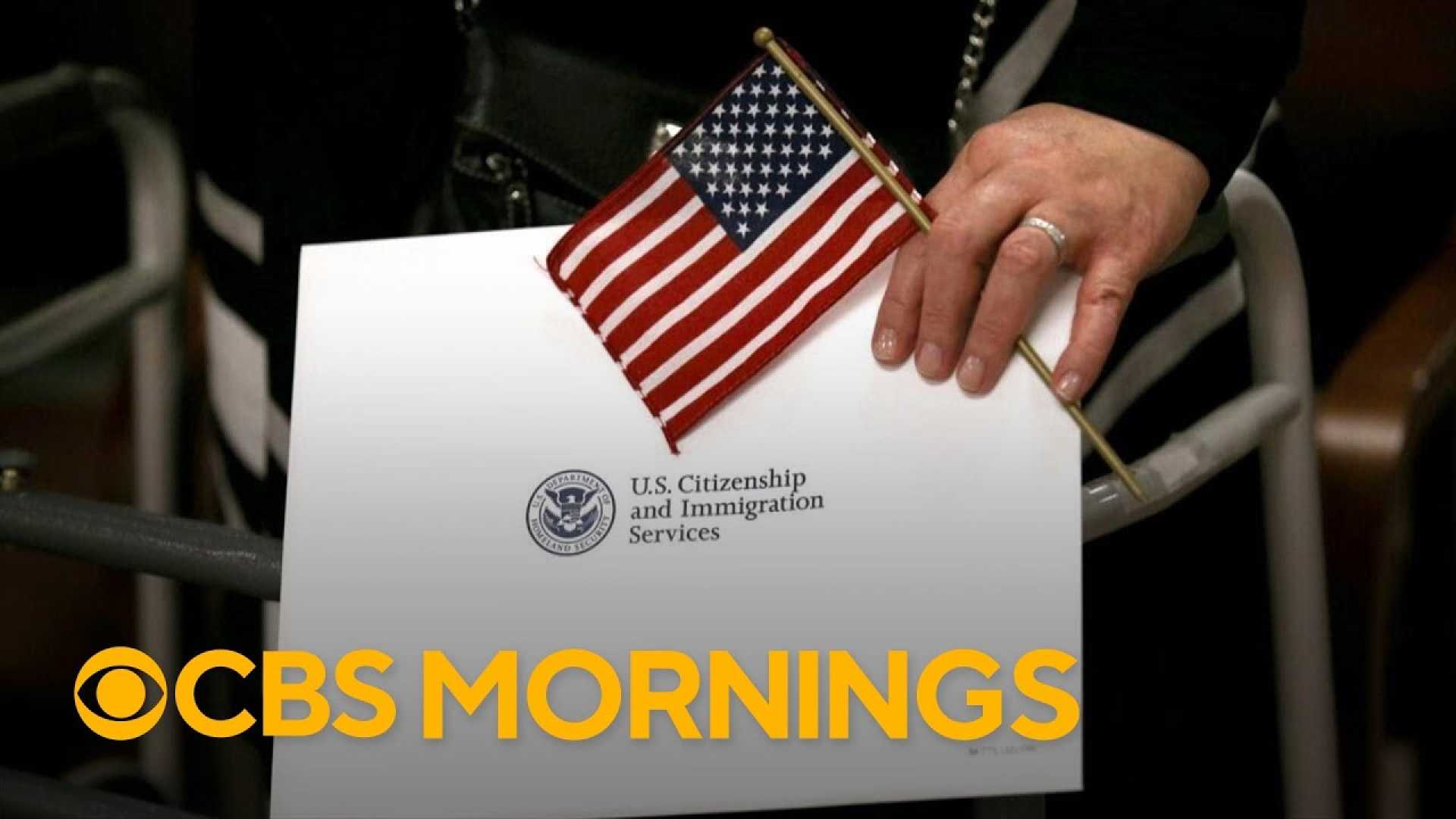Politics
Trump Administration Resumes In-Person Citizenship Neighborhood Checks

Washington, D.C. — The Trump administration has introduced in-person “neighborhood checks” for citizenship applicants, reviving a practice that last occurred in the early 1990s. This change stems from a little-used clause in the 1965 Immigration and Naturalization Act, which the U.S. Citizenship and Immigration Services (USCIS) is now implementing.
USCIS stated that agents may interview neighbors and coworkers of applicants and request letters from employers and community contacts. This new layer of scrutiny is intended to evaluate an applicant’s moral character and connection to the Constitution.
While this could potentially enhance vetting procedures alongside existing FBI background checks, critics argue it may deter applications in communities with mixed immigration status. The prospect of having private lives scrutinized by neighbors raises concerns about biased or uninformed testimony affecting applications.
Renters and those with unstable jobs could find it more difficult to provide the necessary testimonials compared to homeowners with long-standing employment. This raises questions about equity in the application process.
Officials warn that existing backlogs in citizenship processing could worsen with the introduction of field visits and the review of testimonial letters, leading to inconsistent outcomes across different locations.
The move aims to honor congressional intent, but many see a shift from professional background checks to neighborhood canvassing as unnecessary. If safety and integrity are truly the goals, there need to be clear guidelines on how these checks are conducted, what constitutes reliable testimony, and how applicants can contest negative information.
This change is particularly striking for Latino families, many of whom have invested years building their lives in the United States. The uncertainty surrounding citizenship procedures often leaves families feeling like the finish line keeps moving.
A fair system would demand transparent and consistent screenings based on facts rather than subjective opinions. If neighborhood checks are being enforced, strict measures should ensure that this process does not lead to harassment or marginalization of potential citizens.












